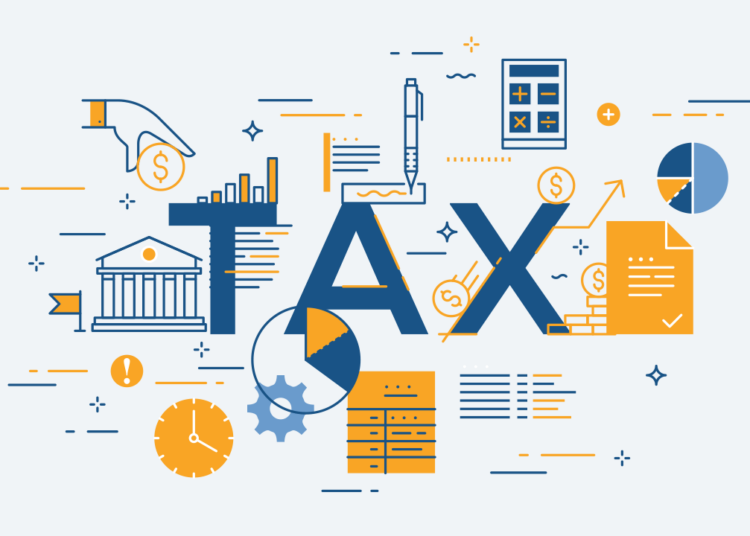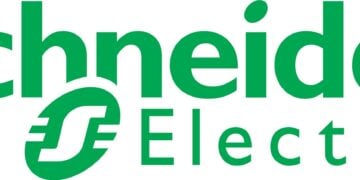“Taxing the poor”, I wrote when the cybersecurity levy in the amended Cybercrimes Act back in May this year caused a lot of public queries. Erroneously or not, 0.5 percent was peddled as the cybersecurity levy for each or a range of transactions. Nigerians were up in arms against it and it had to be put down.
With amendments carrying the proper descriptions of 0.005 percent and the category of transactions to be charged, all our arms in that cause were laid to rest. In taxing the poor, I made available that, “the truth is that the pockets of the common man are not in a position to carry fresh taxes and levies. His purchasing power is greatly reduced by the highly inflationary tendencies in the economy…”
Our hopes were that the new minimum wage would address this, and it is expected to do so to an extent when all the states key in. But, inflation surges on and it is pushing the common man’s pocket almost back to square one despite the increases.
This time around, it’s the new tax or proposed tax system that is stirring a lot of controversy and backlash. A lot of the backlash is ill-placed and this due to a communication gap between the Presidential Fiscal Policy and Tax Reforms Committee and the citizenry, including legislators and state governors. Some of the backlash is rightly placed and the reservations expressed are from the fear that some states will be at a disadvantage from the new system, especially or entirely when it comes to Value Added Tax (VAT).
Realistically, there are so many good things the new system brings to the tables of both the federal government and the taxed entities. The tax reforms are encompassed in four bills actually, as explicitly dissected by Olusegun Dada, the Special Adviser on Media to President Bola Ahmed Tinubu, GCFR.
1) The Nigeria Tax Bill for instance, puts all our tax laws together, and repeals 11 laws on tax collection and imposition. If for example you earn N800,000 or less, the new bill exempts you from paying a dime. If you earn N800,000 naira you are to pay N84,000 as tax under the old system, but with the new law, you are exempted from paying “shishi” (nothing).
Also, the new bill only charges those earning N50 million and above a personal income tax of 25 percent. In the old law, earning as little as N3.2 million still attracts the same 25 percent income tax. Small businesses with turnover of N50 million or less are also exempted from paying. In the old law, small businesses with a turnover of N25 million are required to pay. The new law rescues 90 percent of Nigerian businesses from paying income tax. Medium and large companies too will enjoy a reduction from 30 percent to 25 percent income tax. A total of 3.75 percent from education, NITDA, and NASENI taxes will be harmonised into a 2 percent development levy which would be used for student loans exclusively from 2030. It also states that items used by the poor will be exempted from VAT. These include food items, medical supplies and services, educational fees, electricity etc.
2). There’s the Nigerian Tax Administration Bill which amongst other things seeks to draw rich individuals into the tax net; stabilise the naira through payment of taxes and royalties in naira; streamline the collection of revenue under one roof which was hitherto done by different agencies such as NIMASA, Customs, NPA etc; deploy technology to assess, collect and account for taxes; and deduct unremitted taxes from MDAs that serve as agents for tax authorities.
Others are the establishment of a Local Government Revenue Committee to handle tax collection and fines under the jurisdiction of each local government area, instalmental payment of taxes, and the harmonisation of all tax offences and penalties to ensure compliance.
3). There’s also the Nigeria Revenue Service Establishment Bill that will change the name of Federal Inland Revenue Service (FIRS) to Nigeria Revenue Service (NRS). This would reflect the collection of revenue on behalf of the federation and not on behalf of the federal government, as revenues are shared between the three tiers of government.
4). Finally, we have the Joint Revenue Board Establishment Bill which seeks to create three bodies namely: Joint Revenue Board of Nigeria, which would help harmonise all taxes in Nigeria, scrap nuisance taxes and create a national database of tax payers; Tax Appeal Tribunal to settle all tax disputes such as residency issues in personal income tax cases; and the Office of the Tax Ombudsman to help taxpayers get justice from tax authorities they feel aggrieved by.
The hornet’s nest is situated in the VAT derivation component of the Nigeria Tax Administration Bill. A new derivation model where 60 percent of the VAT revenue goes to the states based on derivation is proposed. However, the new model states that derivation will no longer be attributed to the state of remittance which is usually the headquarters of companies. It will be attributed to the actual location across the states where consumption of goods and services take place.
The National Economic Council (NEC) sought the withdrawal of the bill over concerns that some states will be shortchanged. Mr. President decided that the bill be allowed to go through due process and be thoroughly debated. It means that some aspects, especially the derivation debate could be amended if all parties are not agreeable to the proposal. If they feel it would shortchange their states, then they vote against it or for it to be expunged without throwing the baby with the bath water.
For example, if it would make Lagos or Sokoto get less in the new formula, then it should be amended to the old formula or better still, a more balanced one. Mechanisms, systems and facilities that would enable the computation and collection of VAT at consumption locations in the states, must be fully in place, otherwise it will amount to ‘dwarfchange’! There’s also the issue of a VAT increase which I believe should be amended for now. If it must come in the new Act to save time, then a further date ahead should be chosen for its implementation.
Reforms take time to manifest and yield results, but their crunching wastes no time. A tax increase at the moment would have the Nigerian hurricane effect on all other prices and individuals which would spur more inflation. It would be too many stitches at the same time. The Tax Committee man, Mr. Taiwo Oyedele should tarry a while on the VAT increase, and do more on widening his tax dragnet nationwide. If he has to import nets, to achieve this, then he must do so!











